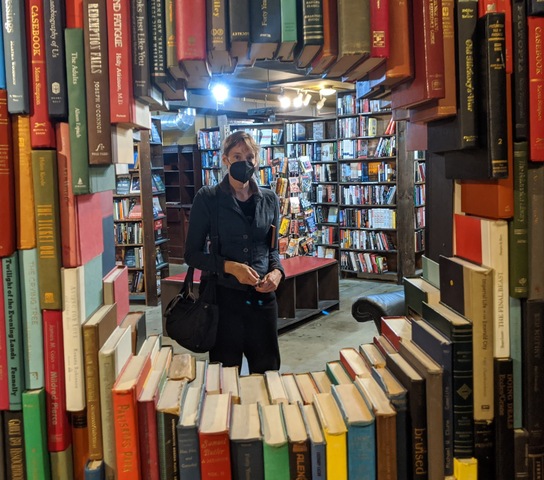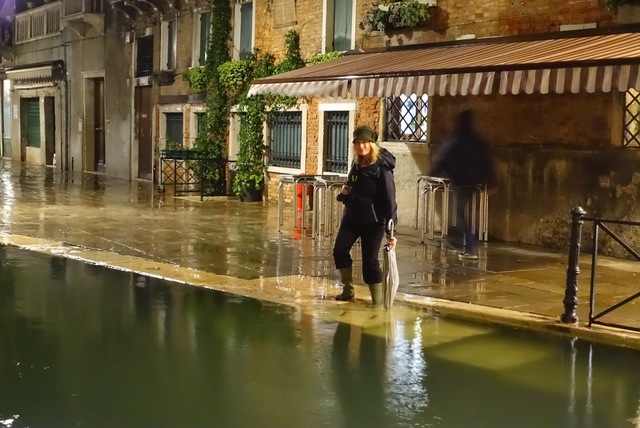Bill Gates adjusts his climate position, and exposes the greatest political error of our time
Submitted by brad on Sat, 2025-11-01 13:41Bill Gates recently posted his new thinking on Climate Change declaring we've been thinking about it the wrong way. His article is sending shockwaves, some agreeing, some feeling he has betrayed the cause, and some like Trump declaring this is proof that climate change was a hoax.















 This seems shocking, but in fact it is to be expected. Trials are long and expensive and risky. The vast majority of commercial disputes are settled out of court.
This seems shocking, but in fact it is to be expected. Trials are long and expensive and risky. The vast majority of commercial disputes are settled out of court.